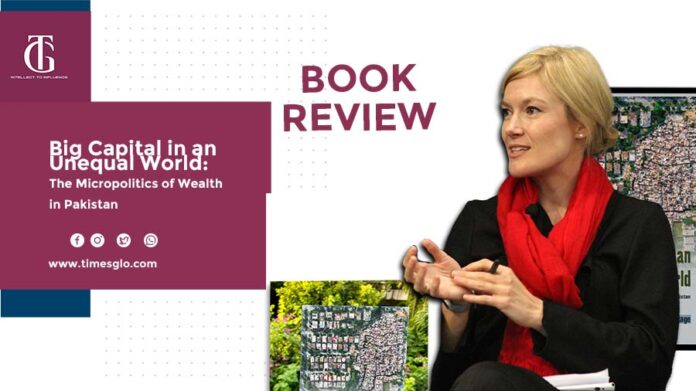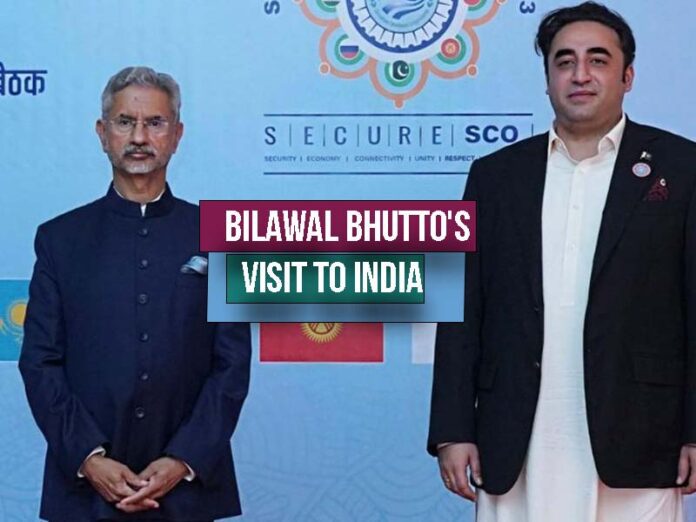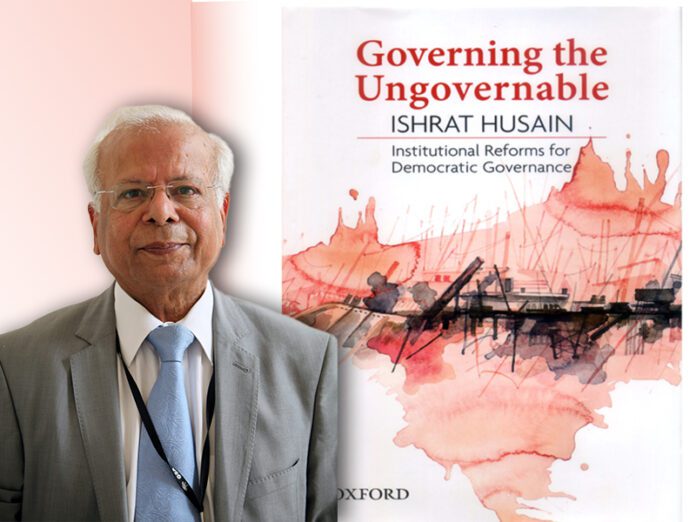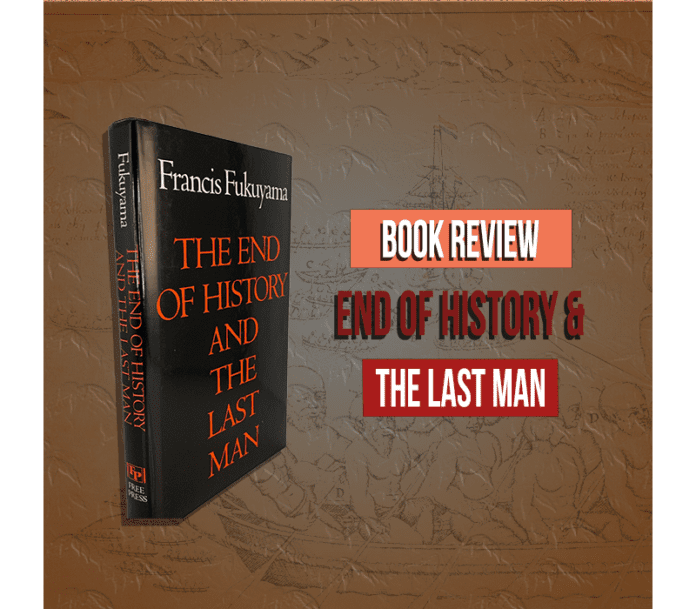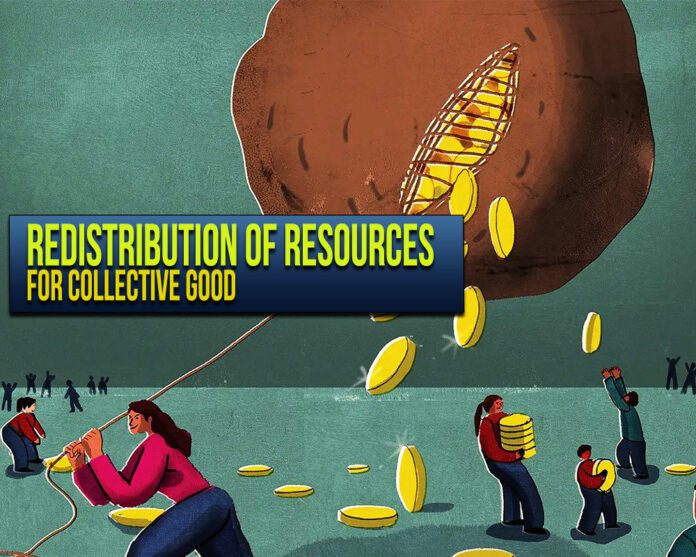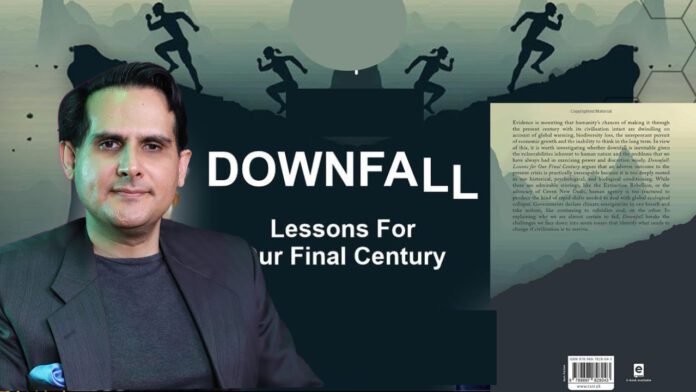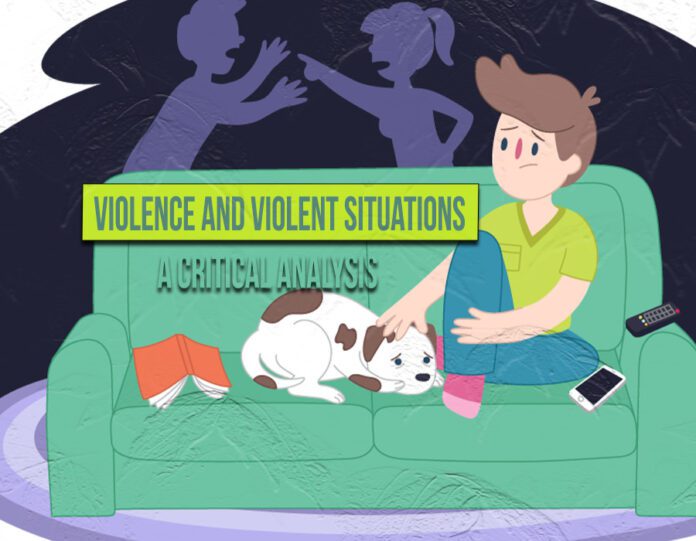Introduction
This essay examines violent situations through a critical lens. I have about seven examples of violence from various parts of the world. and analyzed these situations’ causes critically. What causes this? What effects are these instances having?
Violence
Violence is defined as “the act of using force or coercion to damage, kill, destroy, or injure people.” Without the permission of others, violence occurs. Physical, psychological, ideological, global, environmental, sexual, verbal, chemical, religious, ethnic, and sectarian violence can all take many different forms.
I will outline the terms I used to describe violence in my project.
Physical violence:
Physical abuse is characterized as “any purposeful act that intentionally causes pain or trauma to another person or animal through bodily contact.” It typically affects children, but it can also affect adults, as in cases of spousal abuse or workplace violence.
Psychological Abuse:
A person submitting or exposing another person to conduct that may cause psychological trauma, such as anxiety, persistent depression, or post-traumatic stress disorder, is known as “psychological abuse” (also known as psychological violence, emotional abuse, or mental abuse).
Conflict or war violence:
A conflict involving the use of force of arms, such as between parties inside one nation or between nations; war as in land, sea, or air a situation or time of armed conflict or ongoing military operations: The two countries were at war.
Violence on a global scale:
Global violence occurs when someone is harmed or destroyed via the use of force or compulsion.
Ideological Violence:
Violent extremism refers to the attitudes and behaviors of those who endorse or employ violence to further their own political, religious, or ideological objectives. This covers acts of terrorism and various types of communal and politically motivated violence.
Identical violence:
Identical violence is the act of killing someone based only on their identification.
Environmental aggression:
Capitalist economies abuse nature by using and extracting natural resources in an unsustainable way.
Religious violence:
It is a word used to describe situations in which religion is either the target or the source of violent action. The violence that is inspired by or in response to religious concepts, scriptures, or precepts is known as religious violence.
The violence that is specifically inspired by racial animosity and interethnic strife is referred to as “ethnic violence.” The two terms are frequently used interchangeably or, when it is politically convenient, one is substituted for the other when referring to political violence.
Sectarian strife, often known as sectarian violence, is a type of intergroup conflict that exists within a country or society between various factions of the same philosophy or religion. Religious division frequently contributes to sectarian conflict.
Chemical violence
It is defined as “the employment of chemical weapons or other means to destroy some nation, state, or other entity.” The impacts of chemical weapons are long-lasting.
Example 1
One of the worst assaults on the Indian Army resulted in the deaths of 17 men. After infiltrating the base in Uri, close to the Line of Control with Pakistan, four militants have been verified dead. Fears that the death toll will climb were stoked by the fact that more than 30 soldiers were hurt, many of them gravely.
Pakistan’s spokeswoman for the foreign office, Nafees Zakaria, quickly denied the charge after Singh made it. “India accuses Pakistan right away without conducting any research.” This is unacceptable,” Zakaria told Reuters. A large number of other former soldiers called for anti-terror operations in Pakistan-occupied Kashmir.
Analysis:
This incident occurred because Kashmiris want their state, which India currently occupies, back. The Indian army used numerous destructive tactics to exterminate the Kashmiris. Kashmiris backed Pakistan and wanted Pakistan to be in charge of administering Kashmir. Therefore, this is the war between Muslims and Hindus in Pakistan and India.
Although India wants the state of Kashmir as much as Pakistan does, it is also because of the greedy propensity of humans to desire more and more. After this occurrence, everyone blamed Pakistan, claiming that Pakistan was to blame for it since it sponsors and participates in terrorism. They blamed Pakistan for everything without providing any concrete evidence, which Pakistan denied. Without concrete evidence, I believe we cannot hold anyone accountable.
Thus, ultimately, we can support our claim. The fact that innocent persons were slain in this tragedy, as well as innocent Kashmiris, is, however, really awful news. We are first and foremost human beings before becoming Muslims, Hindus, etc. Thus, taking decisive action against terrorism is necessary.
I am affected by this incident because, on both sides, innocent people are being killed in the name of so-called state and peace. Also, it’s a well-known proverb that “if you burn the fire, a bit of flame will also fall into your home.”
The contentious rivalry between the two brothers is violence.
Example 2
The missiles were fired in retaliation for a chemical weapons assault on Tuesday and were directed toward the Shayrat air base near Homs. President Donald Trump made the official announcement of the action, claiming that the targeted airfield was the source of the chemical attack on rebel-held territory.
He also appealed to other countries to resist Syria’s embattled president. “Syrian dictator Bashar al-Assad attacked innocent citizens with chemical weapons on Tuesday. Assad killed innocent men, women, and children by using lethal nerve poison.
For so many people, it was a slow and cruel death. “In this incredibly wicked attack, even adorable kids were brutally slain, Trump stated. Rex Tillerson, the secretary of state, stated on Thursday that Russia had broken a 2013 agreement to secure Syrian chemical weapons, adding that Moscow was either involved in or unable to keep that arrangement.
Analysis:
This incident of violence occurred as a result of the growth of terrorist groups in Syria that aim to harm both the country’s people and the state. The US launched a missile attack on Syria in retaliation for its president’s attack on Syria’s innocent citizens. Washington claims that terrorist organizations and the use of chemical weapons both occur in Syria. But my argument is that America is also using chemical weapons and killing members of the opposition party in this situation. What happened to humanity? While standing on one platform as a symbol of peace, you killed the people on the other.
The loss is not from individuals but from nature. Not only does nature suffer, but there are also casualties among the animals. It also contributes to air pollution. Chemical weapons have such potent effects that they lingered in the area that was hit. What is the fault of nature, animals, and helpless children, even though they are not aware of it? In actuality, America invented every type of chemical weapon ever used on the globe. Hence, we should stop this hypocrisy.
Example 3
On May 25, 2016, a transgender lady named Alisha who had been shot in Pakistan passed away from her wounds. After the rape, she was shot seven times. As Alisha was taken to the hospital, hospital staff members disagreed about whether to place her with a male or female patient. Men within the hospital also made fun of her, and police officers declined to take her case.
Analysis:
This incident of violence occurred because transgender people are stigmatized in Pakistan as beggars and are thought to be cursed. And we are unable to understand their true status in the Quran and Islam. The Quran has verses that are in their favor, and Sharia also grants them the ability to own property.
So, who are we to take their rights away if Allah has granted them recognition and rights? I find this story quite troubling because the murderer first sexually assaulted the victim before shooting her seven times. It irritates me how you can rape a transgender person.
Example 4
In response to a missile fired into Israel from the Palestinian territory, the Israeli army launched hundreds of airs and tank strikes over northern Gaza, injuring at least four Palestinians.
Analysis:
Israel and Palestine’s conflict is a battle of ideologies. It has a lengthy past. This event occurred as a result of their opposing ideologies. Jerusalem is the holiest site for both Jews and Muslims in Palestine. They both desire this hallowed spot and desire to worship here. Yet, my argument is that what kind of faith is it that states that other people should be killed? Innocent people are being killed so frequently.
Humans come first, followed by Muslims and Hindus. So, it’s fine if one person is acting improperly, but you should act similarly in return. What happened to humanity? Religion should be respected, but not at the expense of other faiths. What happened to humanity? Religion should be respected, but we shouldn’t denigrate it for our satisfaction. The fact that animals are now superior to us means that we are no longer truly animals. We are the devil.
Example 5
KASUR: Haseeb Amir, the primary suspect in the Kasur child abuse controversy, has admitted to abusing the kids and filming it. In a statement to the police, the key suspect in the child abuse case reportedly acknowledged sexually abusing youngsters and recording it on film, according to SP Investigation Kasur’s Nadeem Abbas. After making their films, they also blackmailed their parents.
Analysis:
The Kasur scandal is a particularly horrific violent occurrence in Pakistani history. Numerous children have experienced maltreatment. Also, after abusing the kids, the criminals recorded films of them blackmailing their parents and then disappeared. Here, humanity has completely declined. In the beginning, you mistreated them solely to fulfill your ambitions.
You also create videos and, when that is insufficient, use blackmail to acquire what you want. These kids’ futures have been completely wrecked. Their entire life became a stigma or sin for them, affecting not just their youth. After being abused, the majority of kids turn to prostitution and end up in trouble. And perhaps some will act similarly toward others.
So begins the unstoppable chain of criminal activity. Because this occurrence took place under official government control, the majority of individuals were either aware of it, participated in it, or supported it. You committed a heinous act by abusing helpless youngsters. I believe that the perpetrator, Hasseb, was a devil.
Example 6
A delegation from the Pakistan People’s Party led by Senator Sherry Rehman protested the execution of social activist Khurram Zaki, who was well-known for his candid criticism of extremist organizations in Pakistan, a few weeks ago at the National Press Club in Islamabad. The demonstration, however, was in opposition to the sectarian targeting of yet another Shia Muslim in Pakistan, in addition to the death of a social activist.
Analysis:
Sectarianism is a very common idea in Pakistan today. Between Muslims and Sunnis, there is tension. This idea of sectarianism is what led to the violent incident mentioned above. Khurram Zaki’s death is terrible news for us since everyone has the right to freedom, to speak their mind, and to practice their religion. We can’t force our faith or views on other people.
The Muslim Sunni had killed Khuram. In Pakistan, it is rather frequent for Shia to murder Sunnis and the other way around. So, the killings keep happening in succession. We are developing into religious experts who categorize people as Muslims or Kafir.
We are free to do whatever we like, but the so-called religious scholar within us will awaken if someone else wants to do something. Muslims of both Sunni and Shia sects are equally entitled to life.
Example 7
On April 13 at the AWKUM campus, a violent crowd beat, shot, and threw journalism student Mashal Khan from the second floor of his hostel due to blasphemy accusations.
Analysis:
This occurrence took place at Mardan University. A violent mob from his university brutally murdered the journalist, Mashal Khan. This situation is quite unsettling. They beat him, shot him, and hurled him from the second floor before killing him in a very horrible manner. We don’t have the authority to impose our laws. Every person has the right to practice their religion.
They accused him of blasphemy. If we look at how Pakistan’s blasphemy laws have changed through time, we can see that they are all based on what is known as the laws and regulations of orthodox religion. In actuality, the decision-makers at that time just expressed their personal views.
The other people didn’t offer them any advice. We don’t have the authority to punish other people. It’s okay if someone breaks the law because there are laws in place. They have the power to decide and punish. I believe that before we can examine others, we must first understand ourselves.
My Conclusion:
I found that this initiative helped me a lot in my search for the most heinous acts in our culture. and to examine these instances to understand their causes, contributing elements, and effects. Content analysis is a simple and affordable research technique. a tool that is more effective when used in conjunction with other research techniques like interviews, observation, and the use of historical data.
Analysis of historical material can be quite beneficial, especially for identifying trends across time. The evaluation of media reports contributed to the development of in-depth analyses of daily occurrences and opened the door to improved communication.
- Advertisement -

